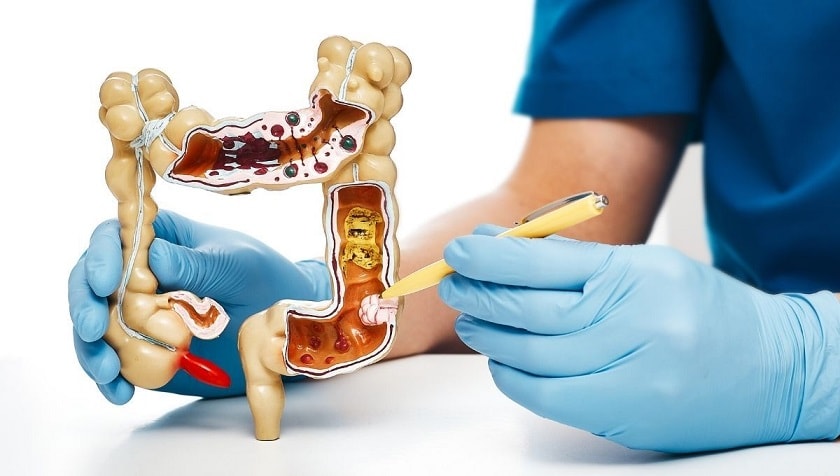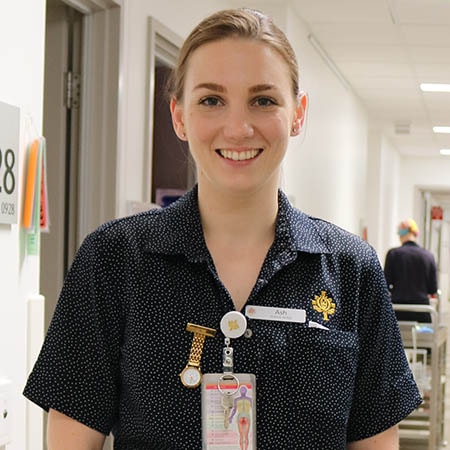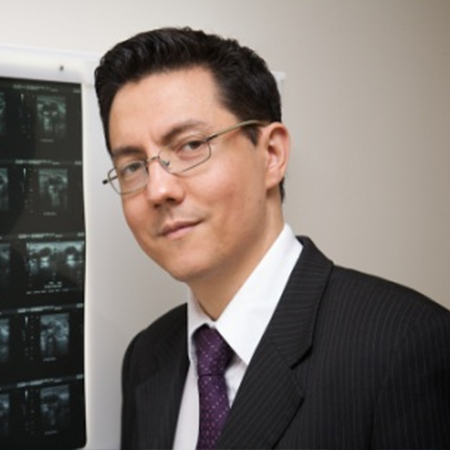A hernia occurs when tissues or organs bulge through a weak point in the wall of the abdomen.
According to Specialist Hernia Surgeon Mr Derek Chen the best thing to do is get to your GP as soon as you notice it.
“People tend to get worried when they see a bulge in their abdominal wall and become worried about the risk of strangulation of organs,” Mr Chen says.
The good news is that in many cases, hernias are a relatively easy fix with an excellent chance of a speedy recovery thanks to rapid advancements in the field over the last 10 years.
“We are able to offer minimally invasive repairs for inguinal hernias, which have led to a shortened hospital stay, fewer complications and need for analgesia, as well as a lessened chance of nerve injury and chronic pain," Mr Chen says.
“80 to 90 per cent of patients are in hospital for just a few hours and back to work within one or two weeks – a dramatic improvement from the six to eight week recovery time of years past.”
Hernia operations are very common
Groin hernia repair is one of the most commonly performed operations in the world. One in four men will develop a groin or inguinal hernia in their lifetime, usually caused by the descent of the testicles from the abdomen to the scrotum, which creates a weakness in the abdomen wall.
Hernias can occur in the teenage years, right up into your nineties and are more common the older you get.
Why do hernias occur?
It was once thought that hernias were the result of straining, especially with people who have an occupation that involves plenty of lifting. But population studies show that hernias are seen in people with sedentary jobs as well as very active professions.
Experts agree that it’s probably more to do with your physiology.
“People who are predisposed to developing hernias tend to have an underlying abnormal collagen metabolism or connective tissue disorder,” Mr Chen says.
“This is why we see it running in families – so if you know that your relatives have previously had a hernia, look out for your own.”
What treatment is available?
Mr Chen says a specialist hernia surgeon, trained in both open and laparoscopic techniques, can assess and recommend the most appropriate type of surgery for your needs.
Laparoscopic, or ‘keyhole surgery’, are more technically challenging than traditional open repairs, and the learning curve is steeper and longer than many other operations.
“Surgeons should be able to tailor the operation to the patient’s needs, taking into account their past medical and surgical history, occupation and concerns. In experienced hands, laparoscopic inguinal hernia repairs offer rapid recovery and very low recurrence rates," he says.
"However, it is important to remember that not all patients are suitable for laparoscopic repairs, and that there is no one single operation that fits everyone.”
What does surgery involve?
Hernia surgery involves the reduction of the hernia sac and contents from the abdomen, repair of the hernia defect and the use of synthetic mesh as reinforcement to reduce the risk of recurrence.
Laparoscopic repairs utilise much smaller incisions, and involve less trauma to the abdominal wall muscles and nerves.
Due to the recent controversy surrounding the use of meshes in gynaecological prolapse surgery, Mr Chen says he is often asked about the safety of the mesh used in hernia repair.
“Hernia surgery is very different to the surgery performed for vaginal prolapse – mesh is used in a different part of the body, often placed deep into muscle, and has been utilised safely in groin hernia repairs for decades," he says.
"We have also evolved towards using lightweight meshes which basically means less foreign material and a more flexible product that adapts to the contours of the abdominal wall better.”
So what’s the take home message?
Don’t hold off seeing your GP if you think you might have a hernia. Your GP may not pick it up during a routine check-up unless you tell them about it so make sure you get them to look at it and if confirmed, refer you to a specialist hernia surgeon.








